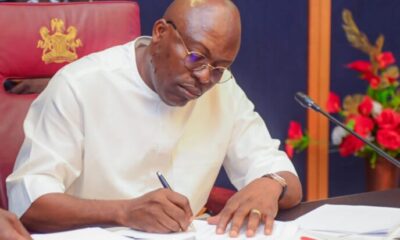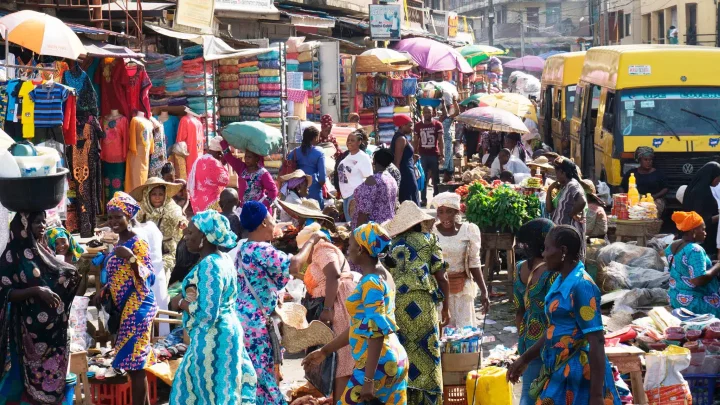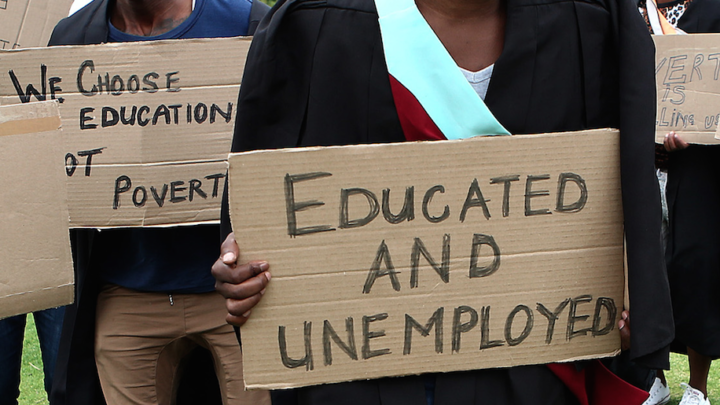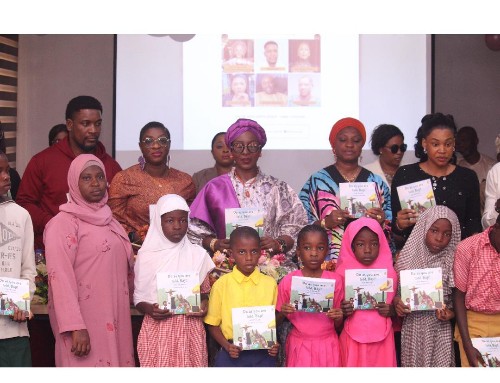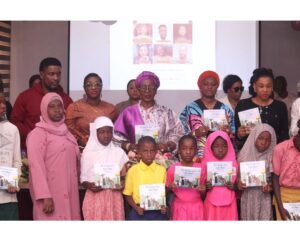The National Bureau of Statistics (NBS) reports that Nigeria’s annual gross domestic product (GDP) grew by 3.46 percent in the third quarter (Q3) of 2024.
In its GDP report published on Monday, the NBS noted that this growth rate is higher than the 3.19 percent recorded in Q2 2024.
The bureau also highlighted that the growth rate surpassed the 2.54 percent recorded in the third quarter of 2023.
According to the report, the performance of the GDP during the reviewed period was primarily driven by the services sector, which recorded a growth rate of 5.19 percent and contributed 53.58 percent to the total GDP.
“The agriculture sector grew by 1.14%, from the growth of 1.30% recorded in the third quarter of 2023,” the statistics firm said.
“The growth of the industry sector was 2.18%, an improvement from 0.46% recorded in the third quarter of 2023.”
“In terms of share of the GDP, the services sector contributed more to the aggregate GDP in the third quarter of 2024 compared to the corresponding quarter of 2023.”
The NBS also reported that the nominal GDP reached N71.13 trillion in Q3 2024.
Nominal GDP and real GDP both measure the total value of goods produced in a country in a year. However, while real GDP is adjusted for inflation, nominal GDP is not.
“This performance is higher when compared to the third quarter of 2023 which recorded aggregate GDP of N60,658,600.37 million, indicating a year-on-year nominal growth of 17.26%,” the bureau stated.
‘OIL PRODUCTION ROSE TO 1.47M BARRELS IN Q3 2024’
The report also revealed that the country recorded an average oil production of 1.47 million barrels per day (mbpd) in Q3 2024.
According to the NBS, this is “0.07 million bpd higher” than the production volume of 1.41 mbpd in Q2 2024 and “0.02 mbpd higher than the daily average production of 1.45 mbpd recorded in the same quarter of 2023.”
“The real growth of the oil sector was 5.17% (year-on-year) in Q3 2024, indicating an increase of 6.02 percentage points relative to the rate recorded in the corresponding quarter of 2023 (-0.85%),” the NBS said.
“Growth decreased by 4.98 percentage points when compared to Q2 2024, which was 10.15%. On a quarter-on-quarter basis, the oil sector recorded a growth rate of 7.39% in Q3 2024.”
“The oil sector contributed 5.57% to the total real GDP in Q3 2024, up from the figure recorded in the corresponding period of 2023 and down from the preceding quarter, where it contributed 5.48% and 5.70% respectively.”
‘NON-OIL SECTOR CONTRIBUTED 94.4% TO Q3 GDP RATE GROWTH’
The non-oil sector grew by 3.37 percent in real terms in Q3 2024, which is 0.62 percent higher than the rate of 2.75 percent recorded in the same quarter of 2023, according to the NBS.
The bureau also pointed out that this growth was higher than the 2.8 percent recorded in the second quarter of 2024.
“In real terms, the non-oil sector contributed 94.43% to the nation’s GDP in the third quarter of 2024, lower than the share recorded in the third quarter of 2023, which was 94.52%, and higher than the second quarter of 2024, which was 94.30%,” the NBS added.
The non-oil sector, which includes information and communication (telecommunication), trade, agriculture (crop production), financial and insurance (financial institutions), manufacturing (food, beverage, and tobacco), real estate and construction, made positive contributions to the country’s GDP growth.

 BIG STORY5 days ago
BIG STORY5 days ago
 BIG STORY3 days ago
BIG STORY3 days ago
 BIG STORY4 days ago
BIG STORY4 days ago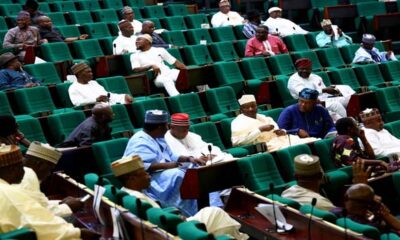
 BIG STORY5 days ago
BIG STORY5 days ago
 BIG STORY3 days ago
BIG STORY3 days ago
 BIG STORY1 day ago
BIG STORY1 day ago
 BIG STORY1 day ago
BIG STORY1 day ago
 BIG STORY1 day ago
BIG STORY1 day ago







